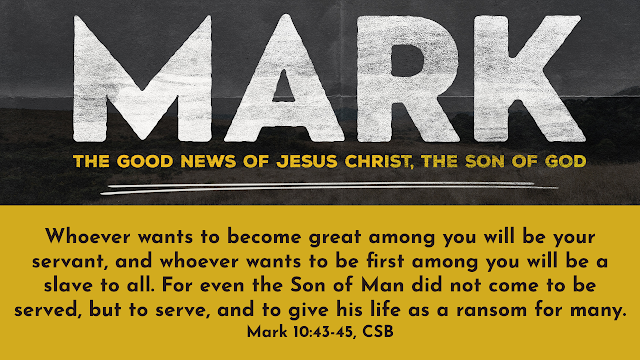Explore the Bible: The Past
11:07 AMWhat phrases were you taught growing up that were used to teach you about some particular danger? Perhaps it was something as simple as, if you eat ice cream too fast you'll get a headache or something more dangerous like don't stand too close to the cliff or you might slip and fall. Most of the time these warnings are because parents or loved ones understand the dangers based on their knowledge of the past. LifeWay's Explore the Bible Study this week, The Past, focuses on learning about the spiritual dangers of the past so that they might be avoided.
The following video will help you prepare to teach this session: CLICK TO VIEW
Psalm 78 is one of the psalms of Asaph. The information below from the Holman Illustrated Bible Dictionary will help you understand the background of Asaph:
Levite musician that David appointed to serve in the tabernacle until the temple was completed (1 Chron. 6:39). Asaph was the father of the clan of temple musicians who served through the history of the temple. A member of the clan was among the first to return from exile in 537b.c. (1 Chron. 9:15). Part of the musical responsibility included sounding the cymbal (1 Chron. 15:19). David established the tradition of delivering psalms to Asaph for the temple singers to sing (1 Chron. 16:7). Asaph and the singers ministered daily (1 Chron. 16:37). Their musical service could be called “prophesying” (1 Chron. 25:1-7). Descendants of Asaph delivered prophetic messages under God’s Spirit (2 Chron. 20:14-19). Later generations sang the songs of Asaph “the seer” (2 Chron. 29:30). Psalms 50 and 73-83 are titled “Psalms of Asaph” or similar titles. This may refer to authorship, the singers who used the Psalms in worship, or to a special collection of psalms.
DOWNLOAD THE TEACHING PLAN GUIDE















0 comments